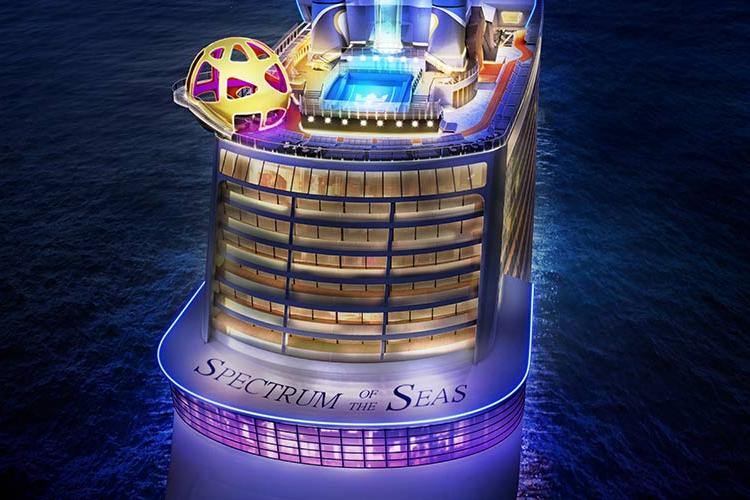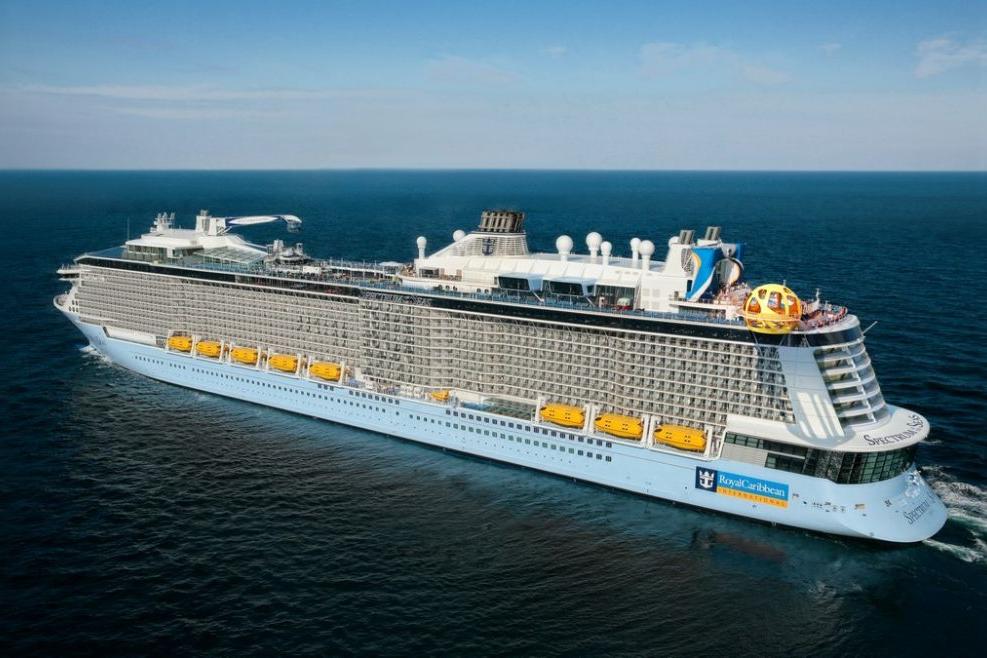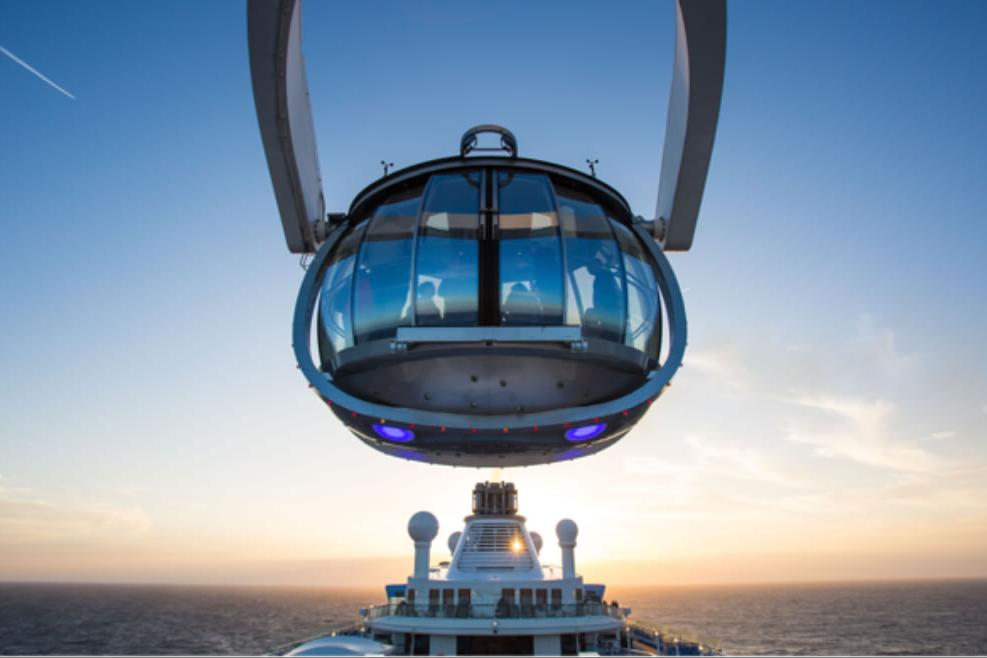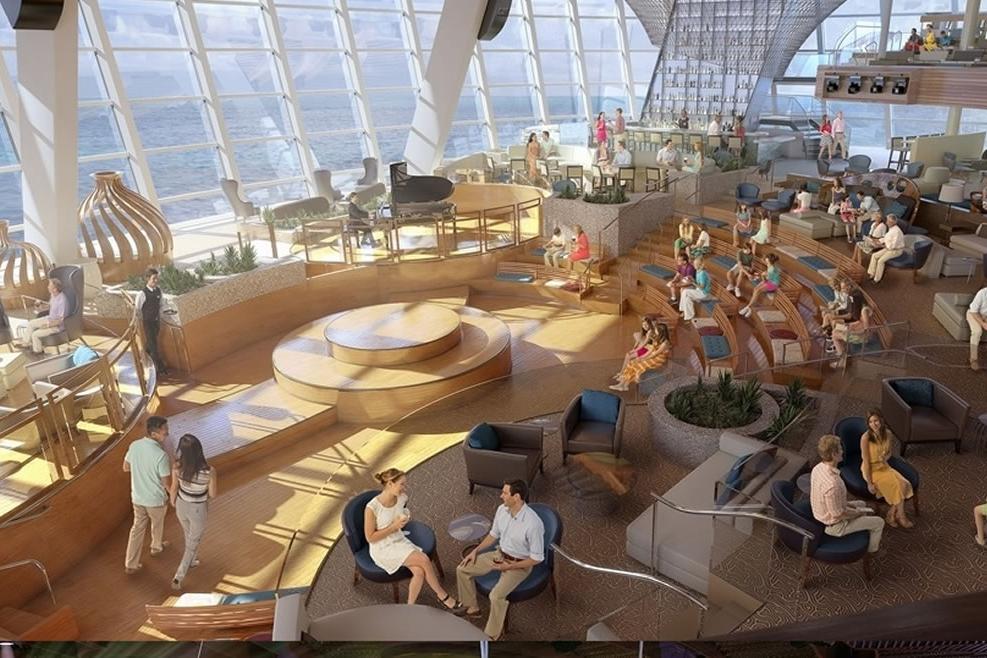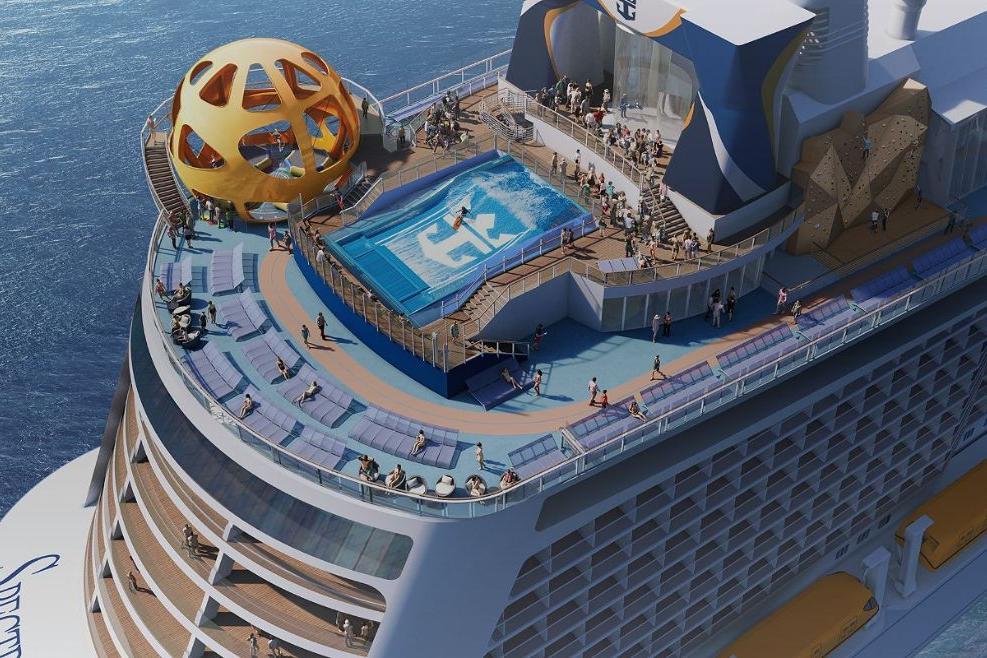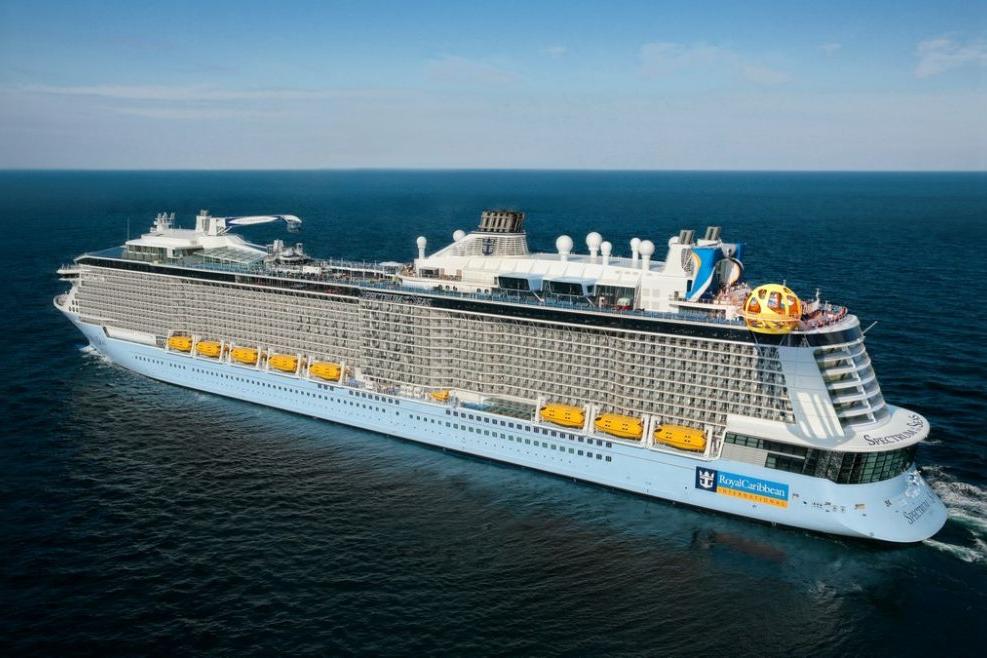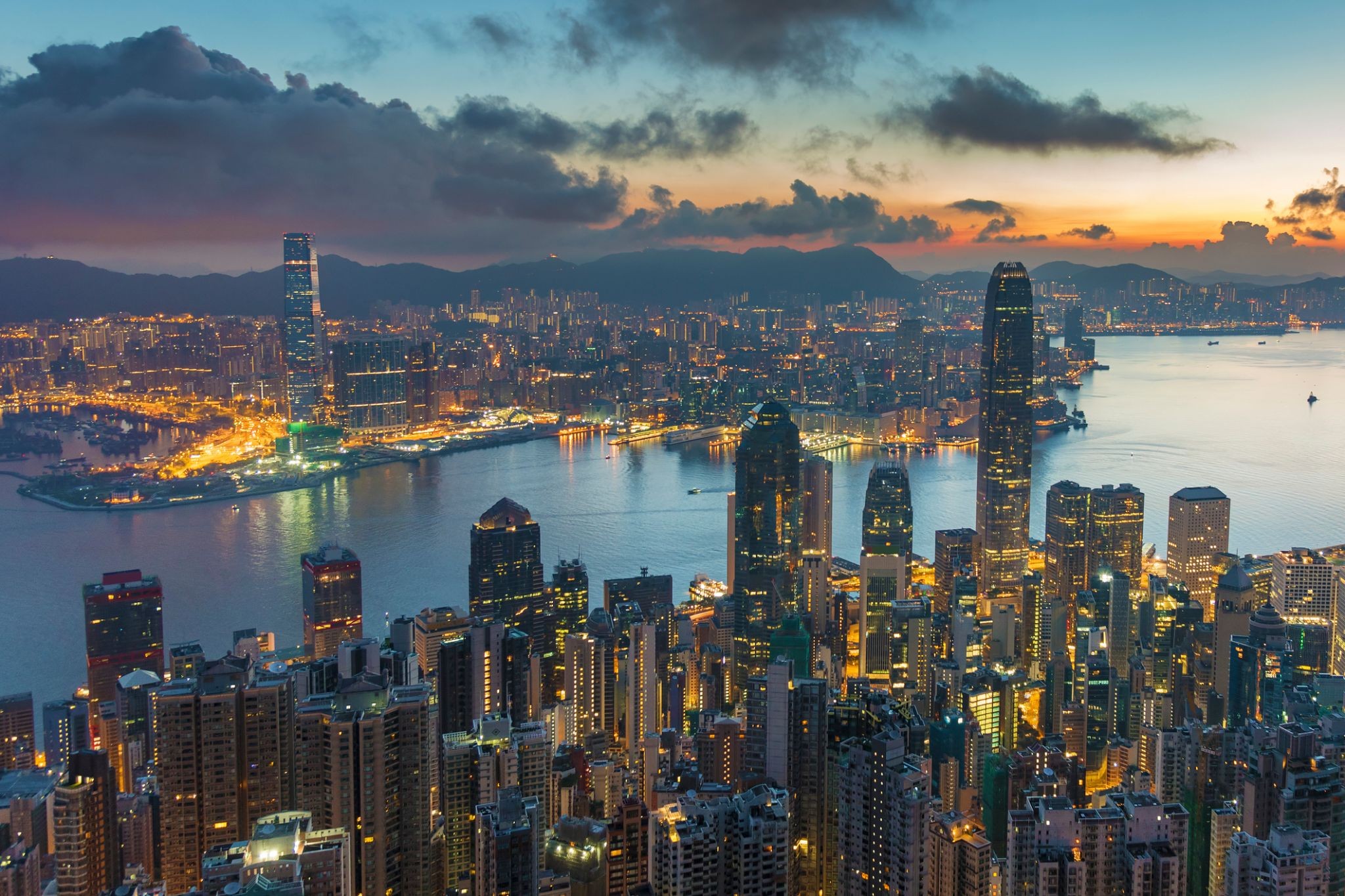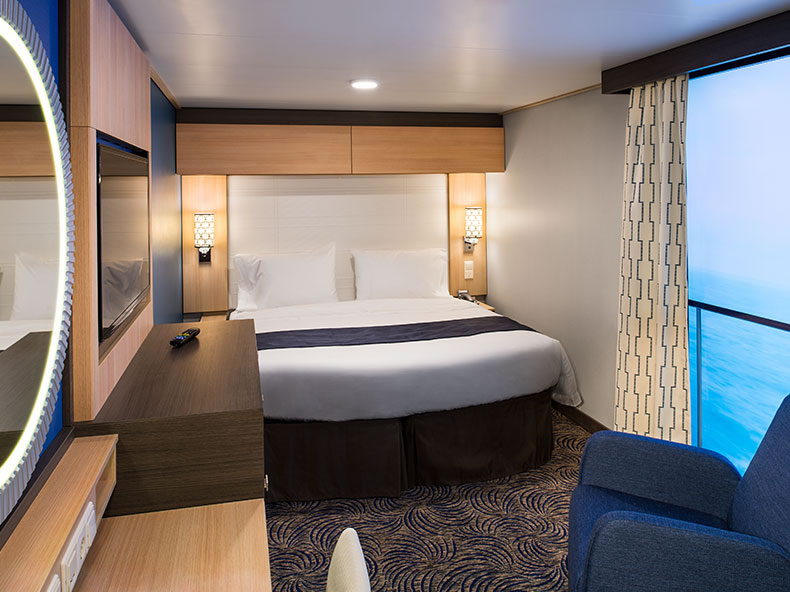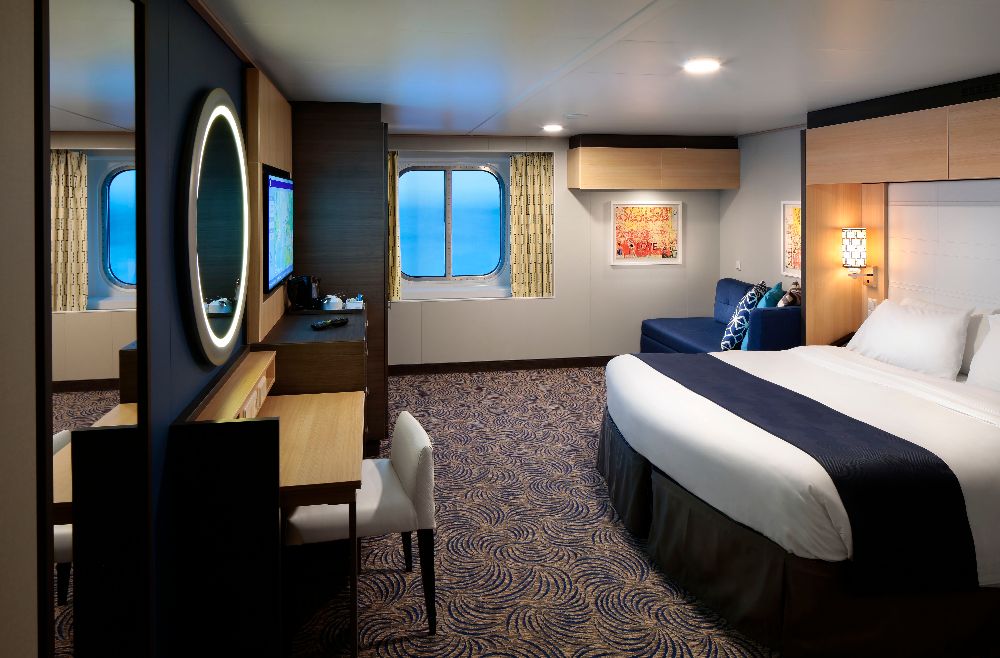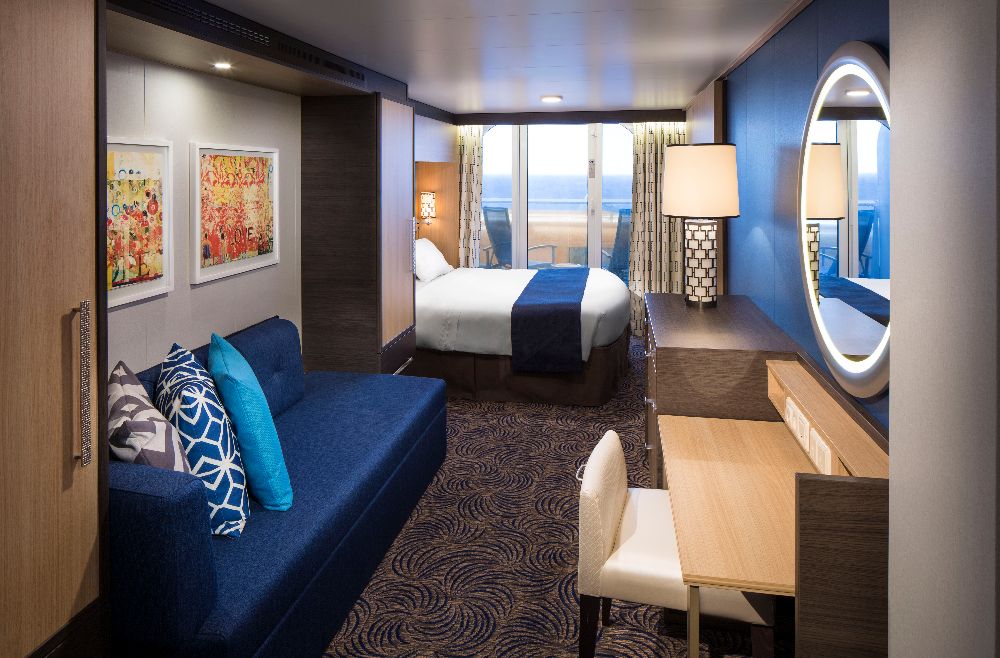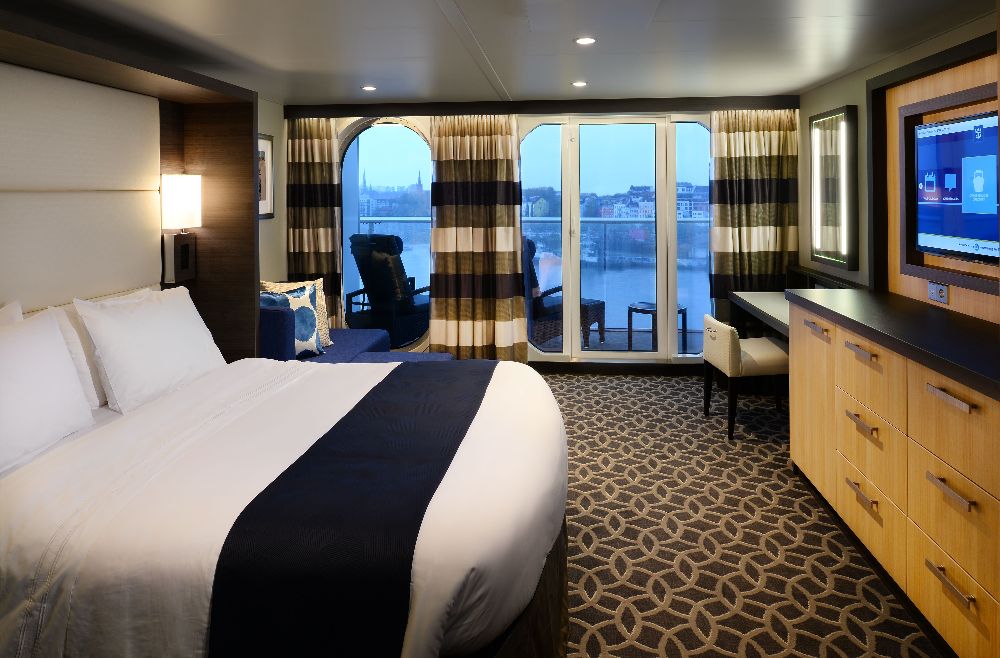Rejs 30 885 486
2 noce, z Hongkongu
| Region rejsu : Azja |
| Firma : Royal Caribbean International |
| Statek : Spectrum of the Seas |
| Data rozpoczęcia : pt. 09 sty 2026 |
| Data zakończenia : niedz. 11 sty 2026 |
| Liczba nocy : 2 nocy |
Harmonogram
| Dzień | Data | Port | Wypłynięcie | Odpłynięcie |
|---|---|---|---|---|
| 1 | 9.01 pt. | Hongkong / Chiny | 17:00 | |
| 2 | 10.01 sob. | Dzień na morzu / Morze | ||
| 3 | 11.01 niedz. | Hongkong / Chiny | 06:30 |
- Zakwaterowanie w wybranej kategorii kajuty.
- Wyżywienie w systemie “All Inclusive” (z wyjątkiem alternatywnych restauracji).
- Bezpłatne napoje: woda, herbata, kawa w punktach samoobsługowych na statku.
- Program kulturalny na pokładzie: wieczorne przedstawienia, teatr, muzyka na żywo i inne atrakcje.
- Dostęp do klubów nocnych i dyskotek.
- Aktywne rozrywki na pokładzie.
- Możliwość korzystania z biblioteki.
- Dla dzieci organizowane są zajęcia w klubach dla dzieci.
- Dostęp do basenów i jacuzzi.
- Siłownia i kort sportowy.
- Usługi stewarda i codzienne sprzątanie kajuty.
- Opłaty portowe i podatki.
Royal Caribbean International dba o swoich pasażerów, zapewniając im komfort i różnorodność atrakcji na pokładzie.
- Lot samolotem.
- Transfery.
- Wizy na trasie.
- Hotel przed i po rejsie
- Napiwki dla personelu*.
- Restauracje alternatywne.
- Napoje alkoholowe i niektóre napoje bezalkoholowe.
- Dostęp do internetu i telefon na pokładzie.
- Kasyno na pokładzie.
- Usługi pralni / chemicznej.
- Salon urody i centrum SPA.
- Wycieczki w portach (opcjonalnie).
*Rozmiar napiwków zależy od wybranej kategorii kajuty:
- Wewnętrzna kajuta / okno / balkon / Junior Suite: 18,00 USD na osobę za noc.
- Suite (z wyjątkiem Junior Suite): 20,50 USD na osobę za noc.
Depending on the cruise date, a payment is required to confirm the cabin. After the prepayment is made, the manager confirms the application in the cruise system and notifies you by e-mail.
Cruise Duration Deposit (prepayment)
1-5 nights $100/person
6-9 nights $250/person
10 and more nights $450/person
Full payment
60 days before the cruise
Full payment (cruises from December 24-31)
90 days before the cruise
Standard Penalties for Royal Caribbean Intl. Cruises
Cancelation Period Cancellation Policy
1-5 Nights 6 Nights or More
90-61 Days Prior to Arrival $35/person $70/person
60-46 Days Prior to Arrival In the Amount of Deposit
45-31 Days Prior to Arrival 25% of the Full Cruise Cost, but no less than the Deposit
30-15 Days Prior to Arrival 50% of the Full Cruise Cost, but no less than the Deposit
14 Days Prior to Arrival/No-Show for Boarding 100% of the Cruise Cost
Penalties for Royal Caribbean Intl. New Year's Cruises (December 24-31)
Period in which the cancellation took place Cancellation conditions
1-5 nights 6 or more nights
90-61 days before arrival In the amount of the deposit
60-46 days before arrival 25% of the full cost of the cruise, but not less than the deposit amount
50% of the full cost of the cruise, but not less than the deposit amount
45-31 days before arrival 50% of the full cost of the cruise, but not less than the deposit amount
30-15 days before arrival 75% of the full cost of the cruise, but not less than the deposit amount
14 days before arrival/no show for boarding 100% of the cost of the cruise
-
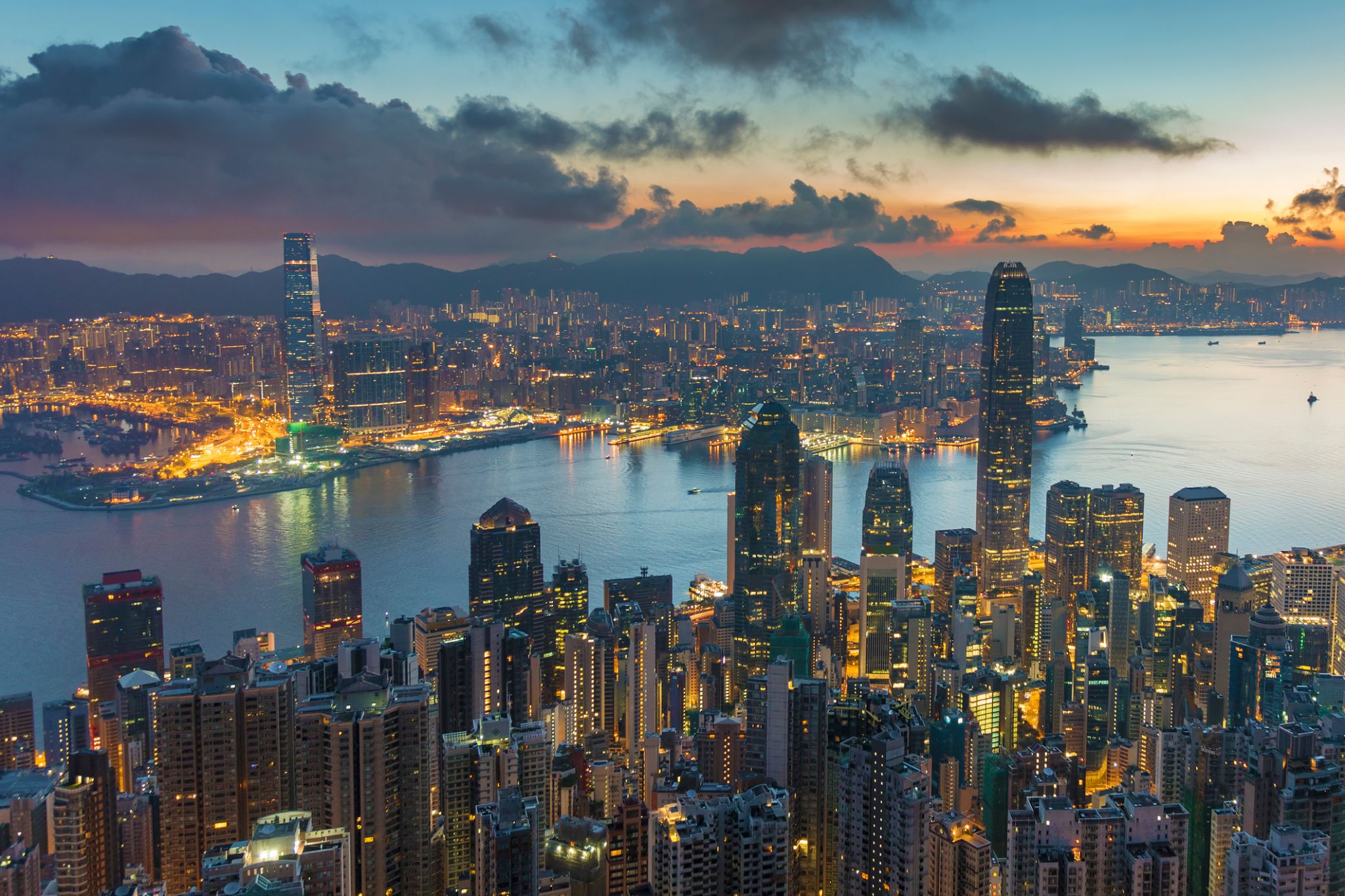 Dzień 1: 00:00-17:00
Dzień 1: 00:00-17:00Hongkong / Chiny
Hong Kon, officially the Hong Kong Special Administrative Region of the People's Republic of China, is a special administrative region on the eastern side of the Pearl River estuary in southern China. With over 7.4 million people of various nationalities in a 1,104-square-kilometre (426 sq mi) territory, Hong Kong is the world's fourth most densely populated region.
Hong Kong became a colony of the British Empire after Qing China ceded Hong Kong Island at the end of the First Opium War in 1842. The colony expanded to the Kowloon Peninsula in 1860 after the Second Opium War, and was further extended when Britain obtained a 99-year lease of the New Territories in 1898. The territory was returned to China when the lease expired in 1997. As a special administrative region, Hong Kong's system of government is separate from that of mainland China and its people overwhelmingly identify as Hongkongers rather than Chinese.
Originally a sparsely populated area of farming and fishing villages, the territory has become one of the world's most significant financial centres and commercial ports. It is the world's seventh-largest trading entity, and its legal tender (the Hong Kong dollar) is the world's 13th-most-traded currency. Although the city has one of the highest per capita incomes in the world, it has severe income inequality.
The territory has the largest number of skyscrapers in the world, most surrounding Victoria Harbour. Hong Kong ranks seventh on the UN Human Development Index, and has the sixth-longest life expectancy in the world. Although over 90 per cent of its population uses public transportation, air pollution from neighbouring industrial areas of mainland China has resulted in a high level of atmospheric particulates.
-
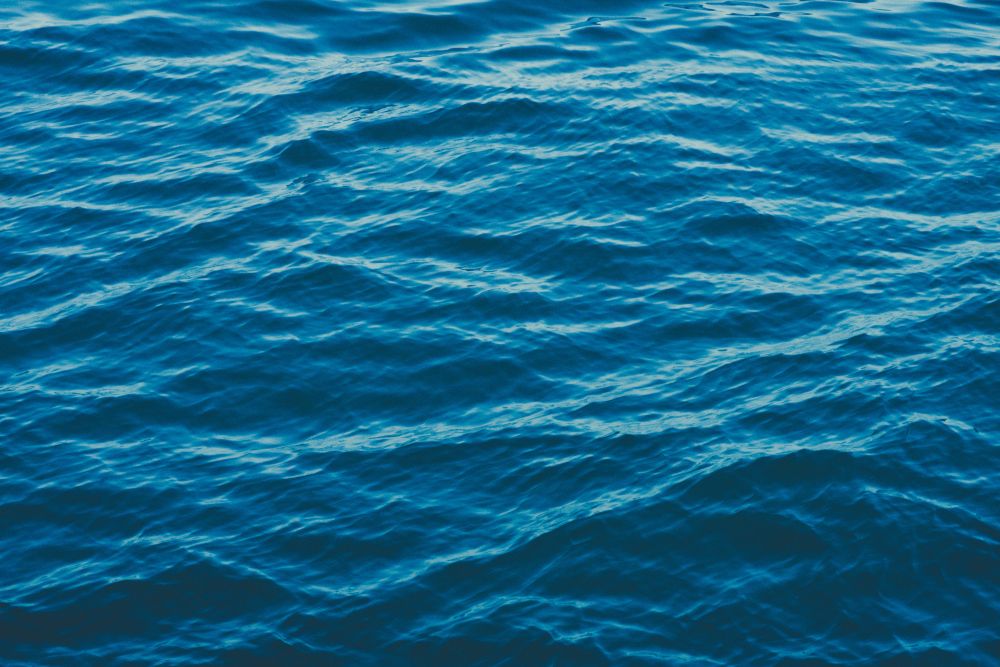 Dzień 2:
Dzień 2:Dzień na morzu / Morze
-
 Dzień 3: 06:30-00:00
Dzień 3: 06:30-00:00Hongkong / Chiny
Hong Kon, officially the Hong Kong Special Administrative Region of the People's Republic of China, is a special administrative region on the eastern side of the Pearl River estuary in southern China. With over 7.4 million people of various nationalities in a 1,104-square-kilometre (426 sq mi) territory, Hong Kong is the world's fourth most densely populated region.
Hong Kong became a colony of the British Empire after Qing China ceded Hong Kong Island at the end of the First Opium War in 1842. The colony expanded to the Kowloon Peninsula in 1860 after the Second Opium War, and was further extended when Britain obtained a 99-year lease of the New Territories in 1898. The territory was returned to China when the lease expired in 1997. As a special administrative region, Hong Kong's system of government is separate from that of mainland China and its people overwhelmingly identify as Hongkongers rather than Chinese.
Originally a sparsely populated area of farming and fishing villages, the territory has become one of the world's most significant financial centres and commercial ports. It is the world's seventh-largest trading entity, and its legal tender (the Hong Kong dollar) is the world's 13th-most-traded currency. Although the city has one of the highest per capita incomes in the world, it has severe income inequality.
The territory has the largest number of skyscrapers in the world, most surrounding Victoria Harbour. Hong Kong ranks seventh on the UN Human Development Index, and has the sixth-longest life expectancy in the world. Although over 90 per cent of its population uses public transportation, air pollution from neighbouring industrial areas of mainland China has resulted in a high level of atmospheric particulates.

